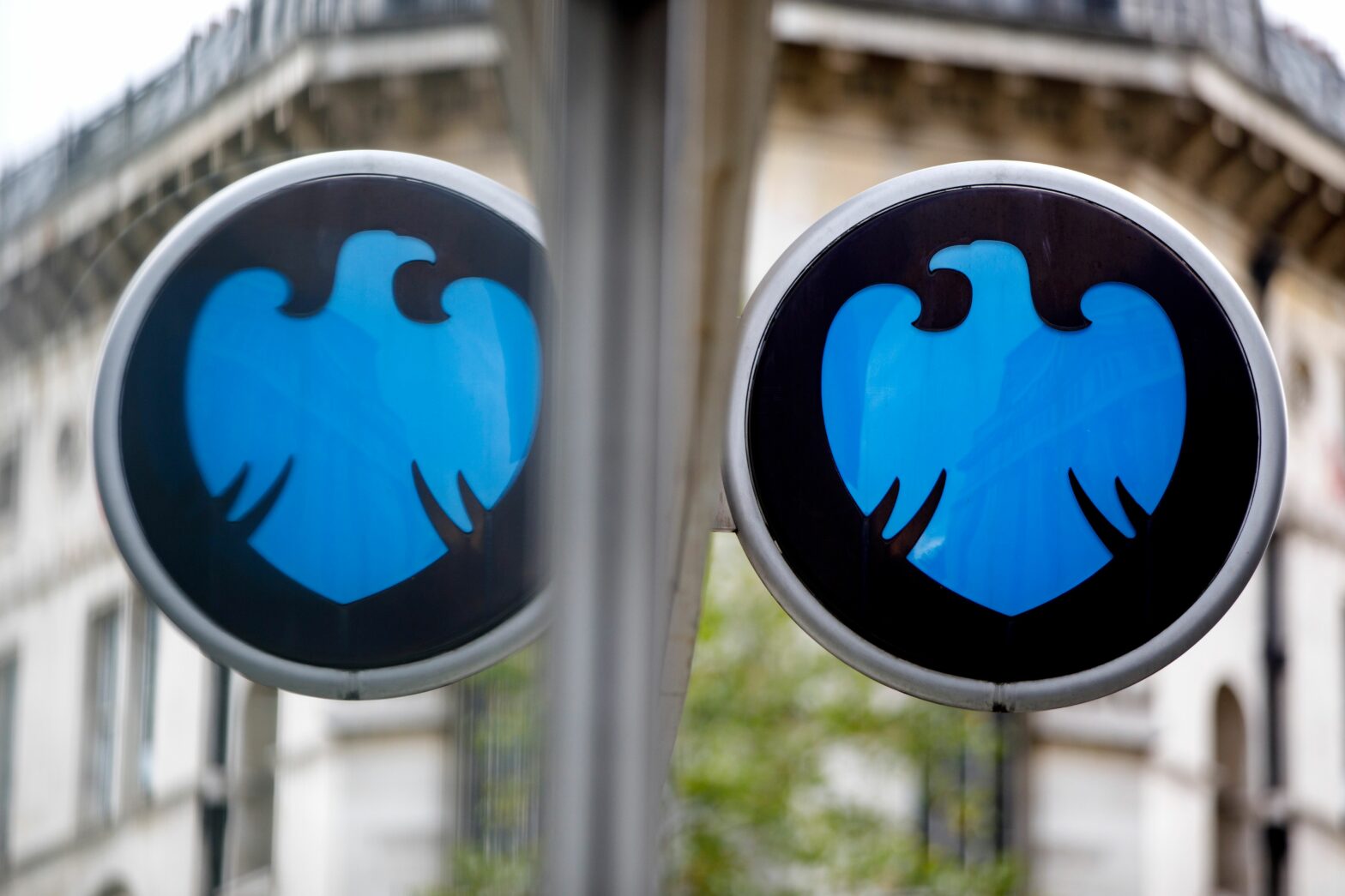In July 2008, developer and entrepreneur Matt Biddulph made a map of technology start-ups located near London’s Old Street tube station. There were 15 companies in total, including his own Dopplr, music site Last.fm and business card maker Moo.com. It is understood to be the first use of the term ‘Silicon Roundabout’.
For whatever reason, the idea struck a chord. Whether or not Old Street really was that much of a location for tech start-ups back then, compared to anywhere else in London, the excitement the idea caused, followed by the wholehearted backing of the government, mean that what is now known as ‘Tech City’ has a buzz about it that is arguably unprecedented in the UK.
For the most part, however, Tech City has attracted consumer-focused start-ups. This is partly because a lot of web design agencies located in the surrounding areas have refashioned themselves as tech start-ups, and also because the area’s reputation for cool creativity and design has more immediate currency in the consumer space.
But, after a long boom in consumer social websites, culminating in the IPO of Facebook last year, the enterprise space is beginning to heat up again, in Silicon Valley at least. Enterprise social network start-up Yammer was bought by Microsoft for $1.2 billion, while HR SaaS provider Workday’s recent IPO was oversubscribed.
This raises the question – what does Tech City have to offer the enterprise?
In fact, one of Tech City’s biggest success stories is focused squarely on the enterprise. Huddle (profiled previously) provides cloud-based document collaboration, and has won such august customers as Centrica, Diageo and the US government.
But Huddle is not the only enterprise- focused tech company in the area. To take a view of the lie of the land, Information Age spoke to four start-ups that sell their technology to enterprise customers.
Covering a wide range of technology areas, the companies also varied in their attitude towards the Tech City ‘movement’, if such a thing exists, from excitement through indifference to antipathy.
One perspective that did emerge, however, was that Tech City has at least caught the attention of enterprise CIOs. In some cases, this has led to mutually beneficial relationships between enterprise organisations and start-ups, allowing the former to tap innovation at low risk, and the latter to find enthusiastic and co-operative customers.
Further reading
Enterproid makes Android ready for the enterprise – Founded by three former Morgan Stanley engineers, Enterproid uses its London office as a bridge between the US and the Far East.
Certivox aims to rid the Internet of passwords – Encryption specialist prepares two-factor authentication systems that will allow users to sign into websites using PIN codes







